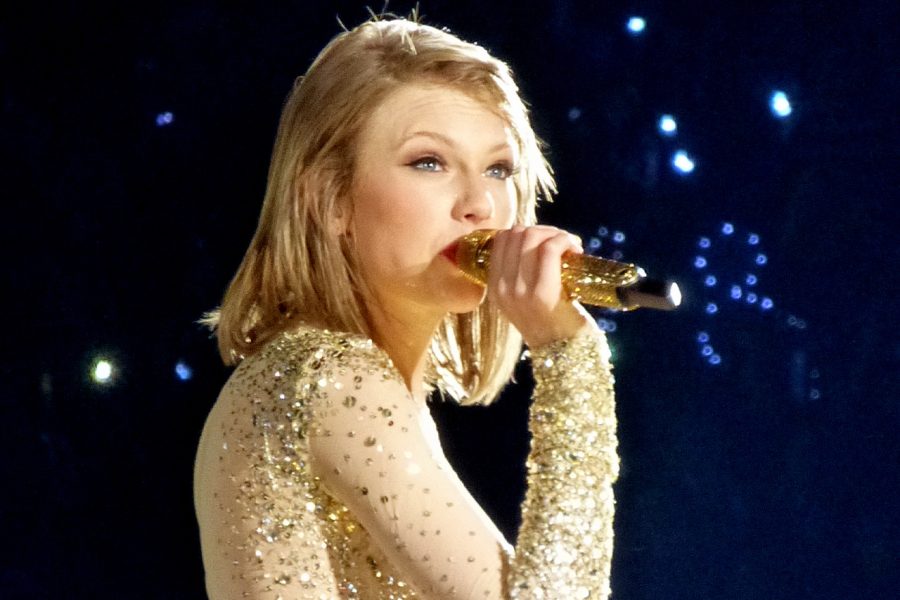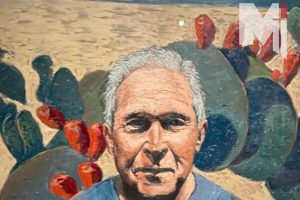Art Before Commerce: Taylor Swift fans experience the kickback of a harsh ticket resale market
“Taylor Swift 104” by GabboT is licensed under CC BY-SA 2.0.
Taylor Swift has since spoken out, validating the financial and schedule burdens that fans faced while seeking tickets. Following the incident, Ticketmaster stated, “We apologize to the fans. We apologize to Ms. Swift.”
January 20, 2023
The public sale of Taylor Swift’s “Midnights” tour tickets ceased, following an overwhelming stream of internet traffic on Nov. 18, catalyzing a large-scale debate regarding the nature of internet-based ticket sales and the exploitative resale market that garnered congressional attention
Organic ticket sales came from the presale window; eager fans hoping to claim suitable seats to see the superstar on her first tour in half a decade. This swarm of website access resulted in site straining queue lines.
“My dad opened it at 8 a.m. and he left it on, then he finally got them at like 4 p.m., sophomore Clare Hansen said. “We just left it open all day.”
With Swift’s last tour being in 2018, fans were seen, through social media, anticipating a grandiose return and such an expectation was not unfounded, but instead foresaw by resellers who utilize algorithms to acquire as many tickets as early as possible with the intent of reselling them at a substantial markup, and in doing so, filling up the presale lines and snatching seats from those seeking a live music experience.
“I think at one point, there were 3,000 people in front of me and not even that many should have gotten presale codes,” junior Alexis Buzan said. “By the time I did get in though, all the really good seats were taken, unless you wanted to spend around $1,000 for resale.”
The fan response that immediately resulted was directed between three targets: Ticketmaster, the most prominent ticket distributor and resell service, Taylor Swift and her management and the resellers that monopolize the market. Ticketmaster has since taken the brunt of such criticism.
“It (Ticketmaster)’s a big corporation so they should have things in place to keep bots out or limit how many people have tickets people can get,” Buzan said.
Corporate corruption in the music industry dates beyond the days of the stadium tour, with movies such as “Elvis” and “Straight Outta Compton” detailing the catastrophic result of invasive management attempting to idealize and utilize artists for maximum profit.
“Ticketmaster should be the ones that are regulating that and making sure people that actually want to hear the music can,” Buzan said.
With versatile consumption methods, preference in the music listening experience has room for variation.
“My favorite way to listen is just through Spotify,” Hansen said. “I really like the sound of live music when it’s at a small venue and that’s kind of it.”
As of Jan. 24, Ticketmaster’s potential antitrust violation reached the congressional level, solidifying digital market regulation as a bipartisan issue. As claimed through the Judiciary Committee, the spotlight following this incident is likely to result in more regulation towards ticket resale for future events, aiding in the process of artists reclaiming their work and purity of expression.
“People are really disappointed; they can’t get the tickets because others are just being selfish and wanting money,” Buzan said.







